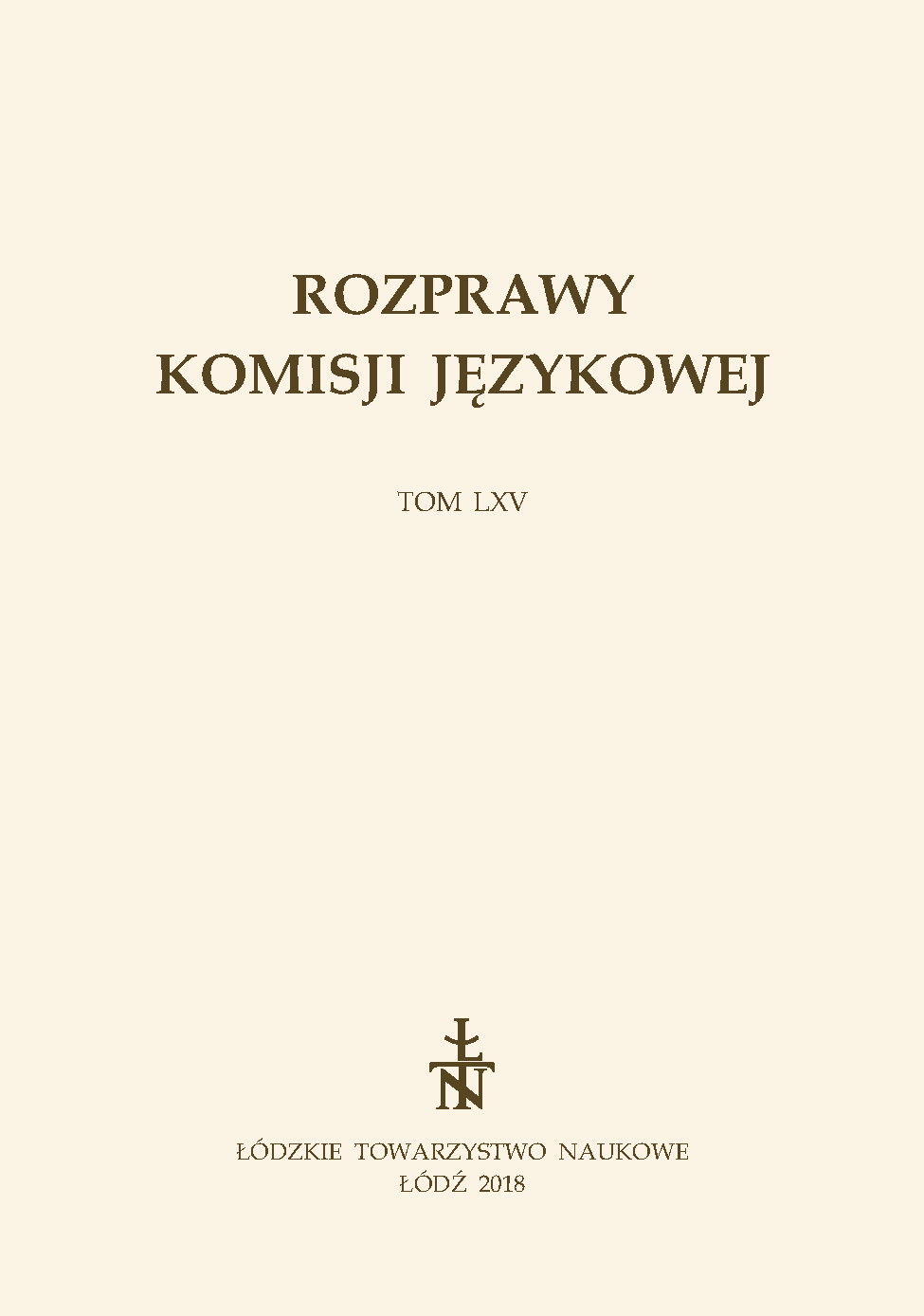Некоторые названия внебрачного ребенка в русском языке
The nomenclature of natural children in Russian
Author(s): Nataliya AnanyevaSubject(s): Language studies, Language and Literature Studies, Theoretical Linguistics, Theory of Literature
Published by: Łódzkie Towarzystwo Naukowe
Keywords: bastard; anthroponym; appellative;
Summary/Abstract: In this paper the nomenclature of natural children in Russian is analyzed (both in literary and dialect forms) in a Slavonic context. The different types of surnames of natural children are analyzed: the modification of the surname of their fathers (for example Бецкой from Трубецкой, Тёмкин from Потёмкин); the formation from the name of the child’s father (for example Васильев from Василий); the formation of the surname from the toponym (Бобринский from Бобрики); the invention of the surname (for example Герцен from Herz ‘the heart’); the formation of the surname from the name of the ancestor of the mother (for example Юрьевские from Юрий Долгорукий); the formation from the surname of the godfather (for example the surname of the poet Василий Жуковский); the usage of the mother’s surname (for example Корнейчуков – the real surname of the writer Корней Чуковский). On the antroponymic level natural children may have unusual names. They have different appellative names in Slavonic, including Russian dialects. In this paper based on the articles of G. Kabakova and I. Popovicheva the following models of the nomination of the bastards in Slavonic languages, particularly in Russian are proposed: ‘the untraditional place or the conception of the birth’ (for example банкарт, крапивник, заугольник.), ‘the finding of the child’ (for example найда, найдёныш), ‘deviation from the main line of development’ (for example семибатечник, половинкин сын, безотцовщина, сколотыш, сколотяга and others), ‘the occasional character of the birth’ (for example сураз, суразёнок), ‘the bad behaviour of the mother’ (for example ублюдок, приёбыш and others). Many words naming the child are used as swear-words. But among these names there are some words which have positive semantics: those motivated by the word ‘God’ (богдан and others) and the word любимчик (in the dialects near Archangelsk). In this article we add information about the names of natural children in Russian dialects in works of G. Kabakova and I. Popovicheva analyzing the models of their surnames in Russian and some appellative names in Russian dialects (for example сураз, суразёнок, кувь, любимчик, любоделанный, сколотыш, сколотяга, осколоток, готовец, капустничек). The dialect words describing natural children are used by Russian writers in their works (for example, M. Sholokhov and W. Shukshin).
Journal: Rozprawy Komisji Językowej
- Issue Year: 2018
- Issue No: 66
- Page Range: 7-19
- Page Count: 12
- Language: Russian

